Search
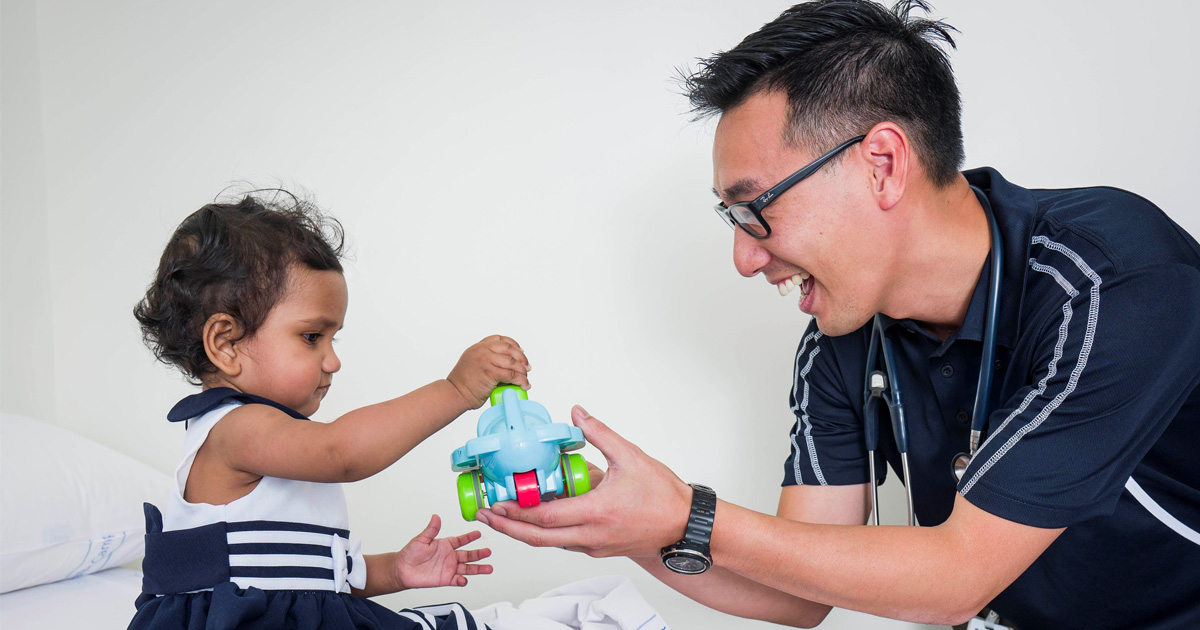
News & Events
Concern for toddlers as low iron levels affect one in threeA third of Western Australian one-year-olds and up to two thirds of three-year-olds have low iron, a study by The Kids Research Institute Australia has found.

News & Events
Empowering parents: ORIGINS secures MRFF grant to develop early childhood flourishing toolORIGINS sub-project, The Flourishing Child, has received a $746,051 grant from the Medical Research Future Fund to develop a Flourishing Assessment and Pathway Tool to address gaps in early intervention for children's mental health.
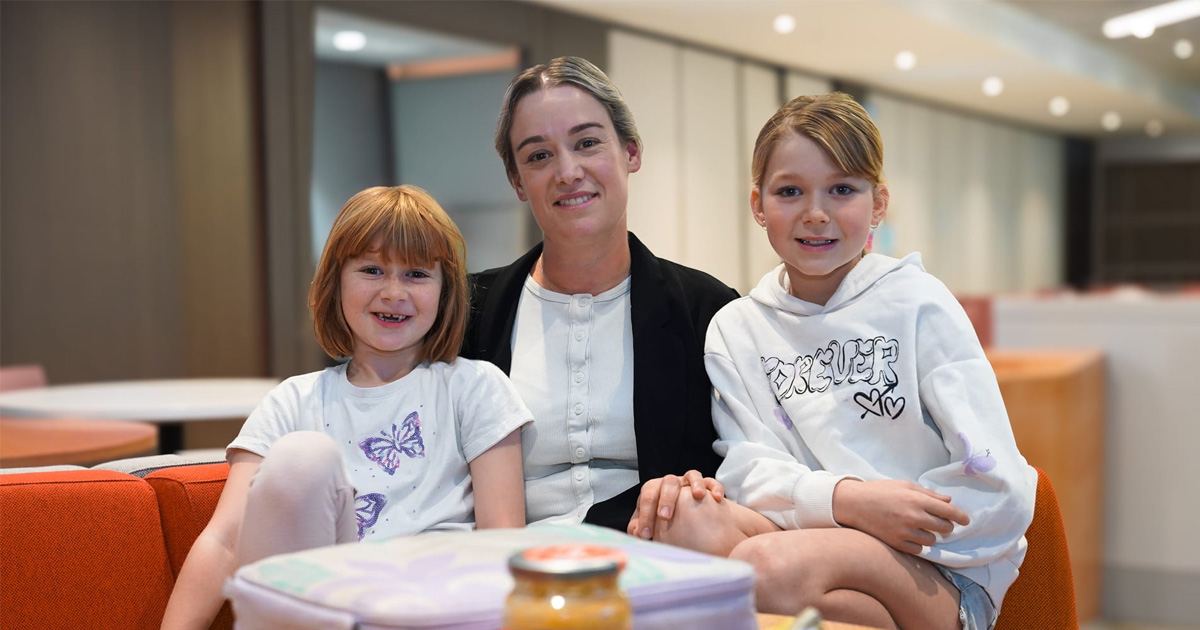
News & Events
New evidence shows timely introduction of peanuts and eggs reduces allergy risksFamilies who introduce peanut butter and eggs to their baby’s diet at around six months of age can significantly reduce the chances of them developing a life-threatening allergy, according to a new study published in the Journal of Allergy and Clinical Immunology – In Practice.

News & Events
Funding boost for ORIGINS child and family health researchORIGINS is celebrating a substantial funding increase for its world-class research into child and family health and wellbeing.
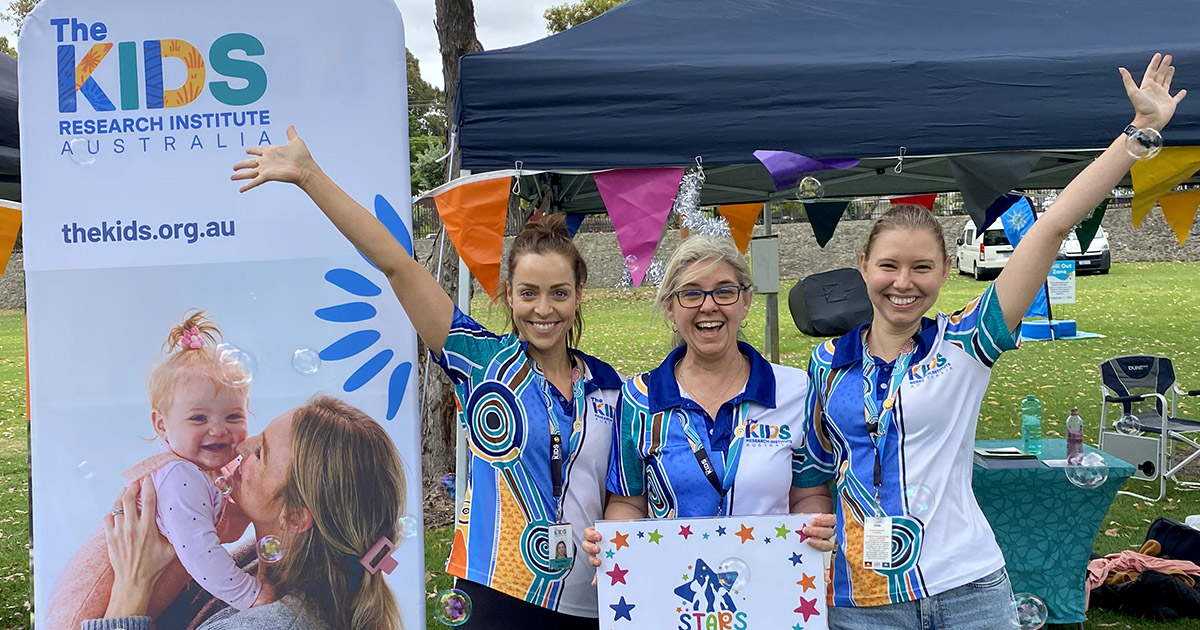
News & Events
ORIGINS sub-project awarded substantial Channel 7 Telethon Trust grant to support disadvantaged childrenSTARS for Kids, a sub-project of ORIGINS, received a three-year grant to advance the development of a scalable, online, tiered model of care to better support disadvantaged communities, where 20-25 per cent of children are entering school developmentally vulnerable.
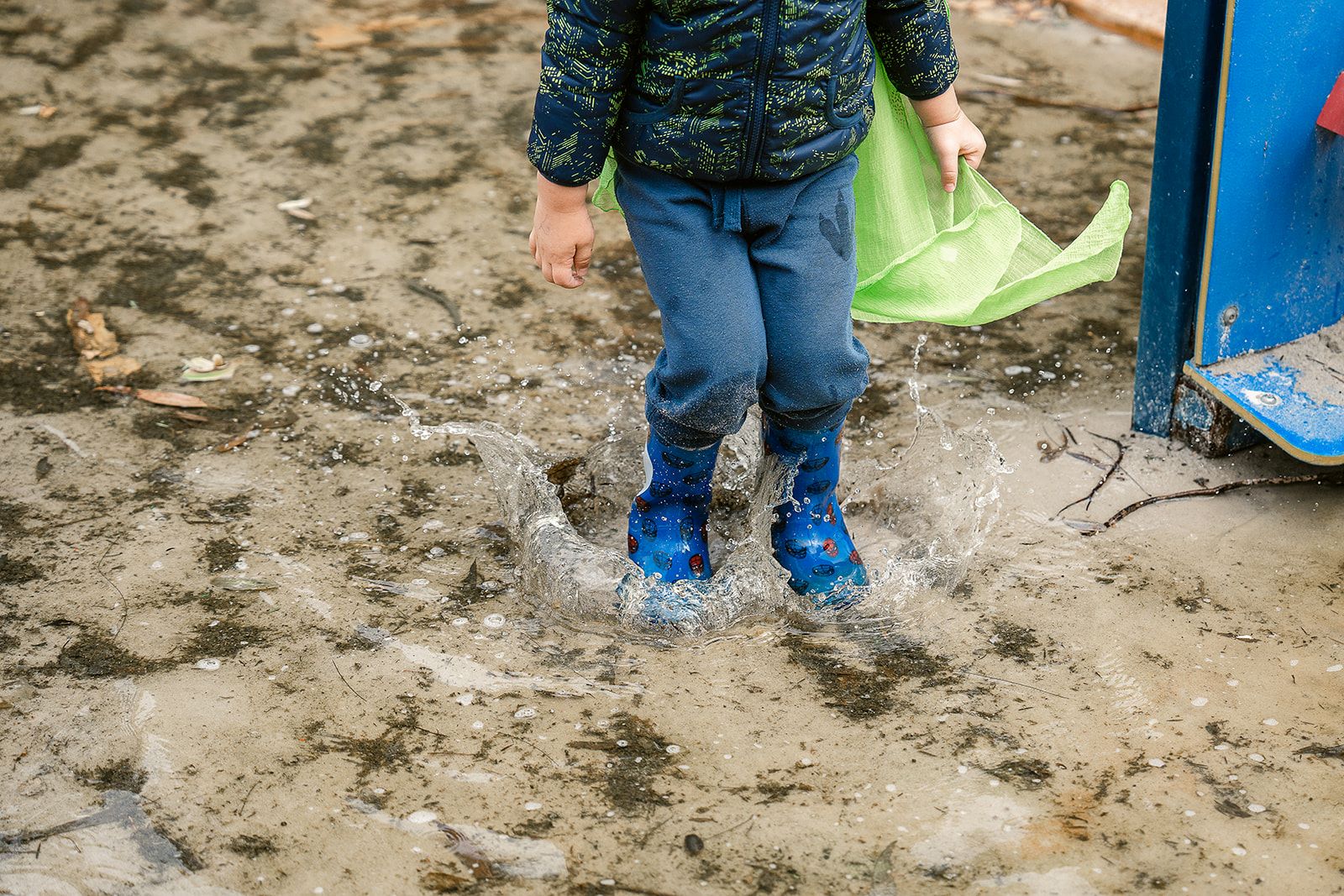
Helping families to unlock the mental and physical health benefits of connecting with nature and community through outdoor play - easily, and locally.

ORIGINS sub-projects are investigating the best way to provide support to new parents and positively influence the health and development of their children.
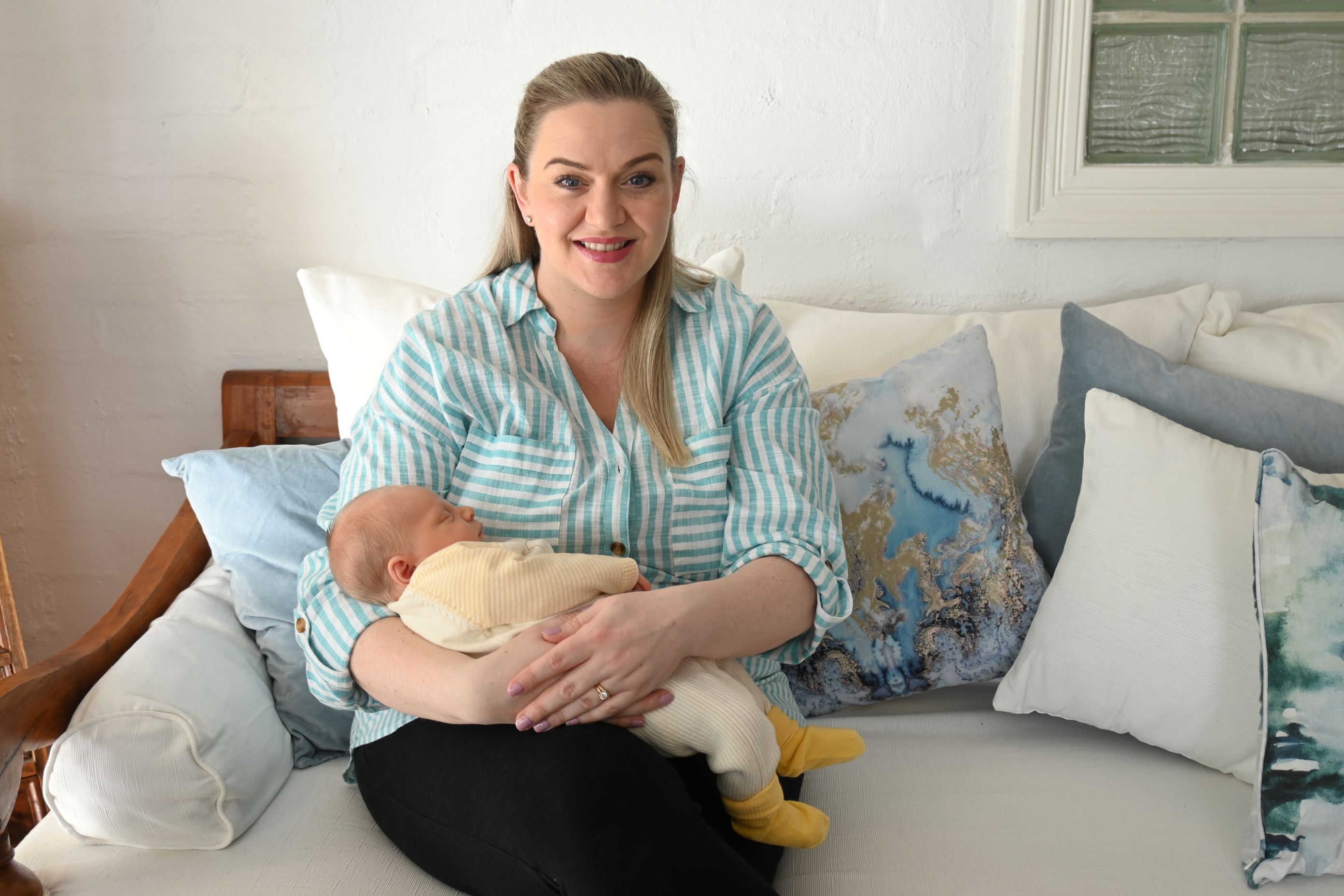
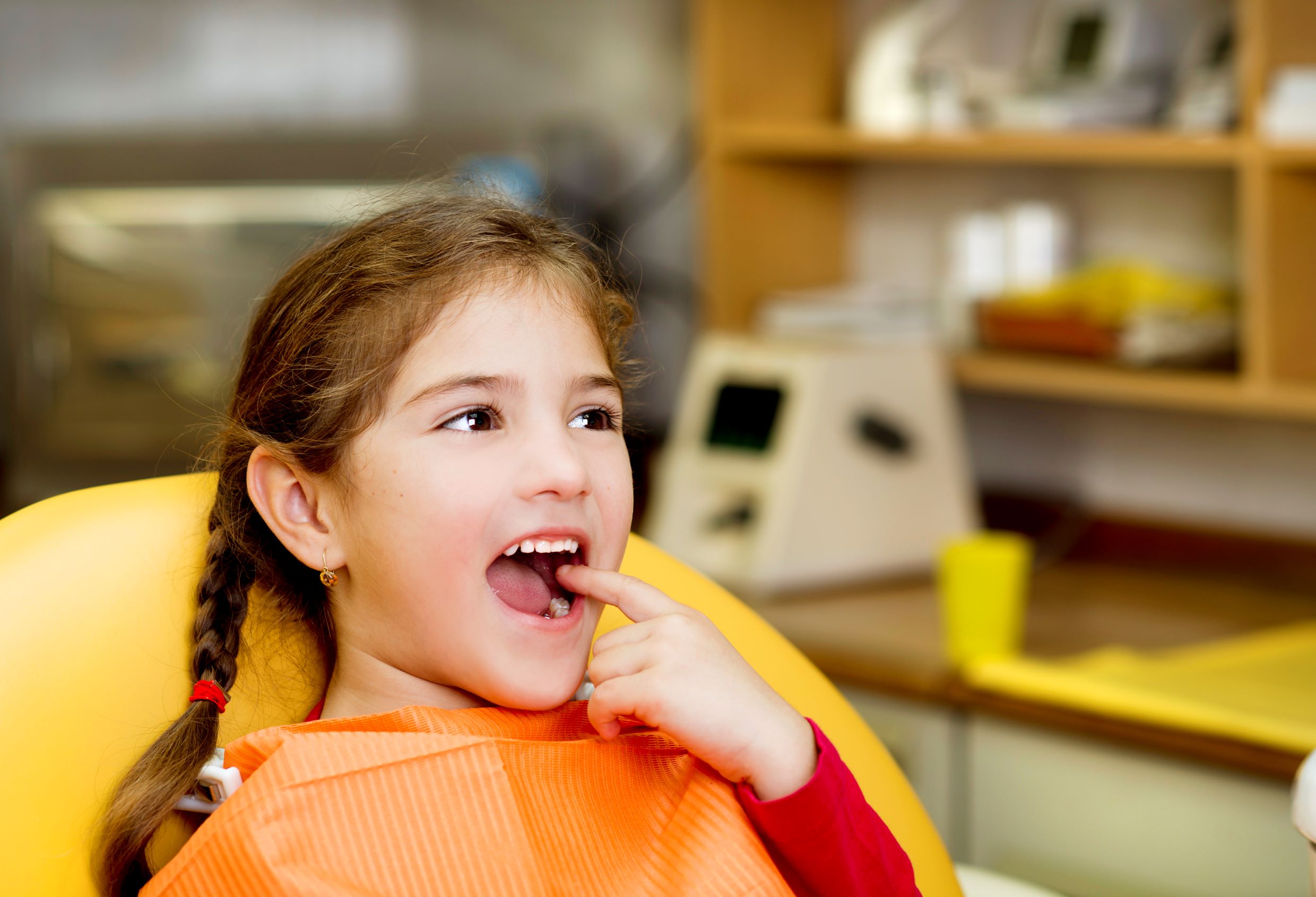
News & Events
Dental screening app shown to have potential to help remote familiesORIGINS' Dental Screening project has completed its feasibility study, showing that the tested smartphone app, enabling remote screening of children's teeth by dental professionals, has the potential to help remote families access dental care, among other benefits.

This research domain focuses on understanding how early biological and physical factors shape infant growth, body composition, and neurodevelopment from the earliest stages of life.
